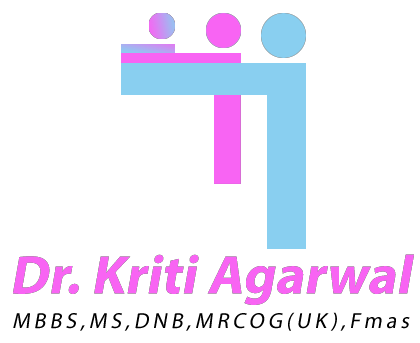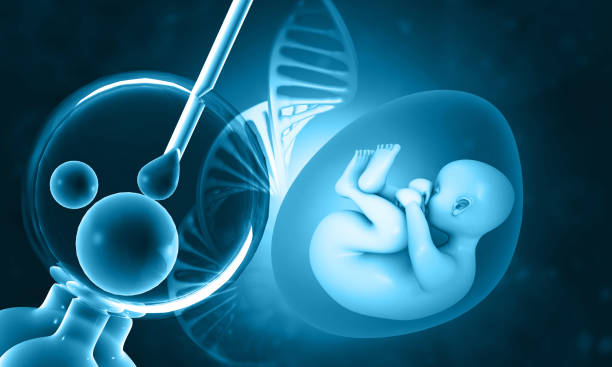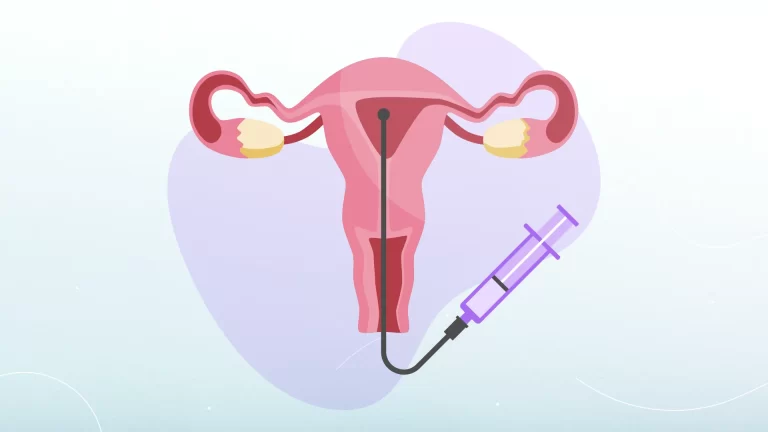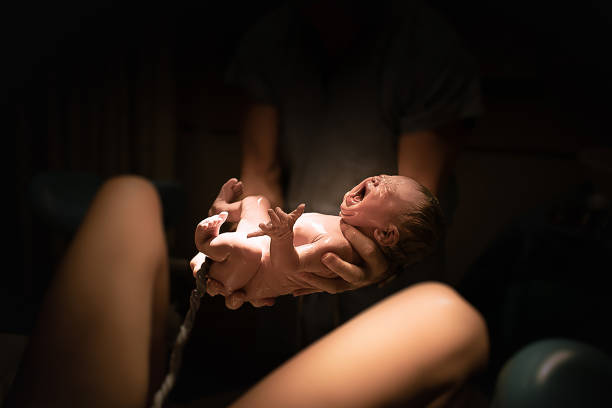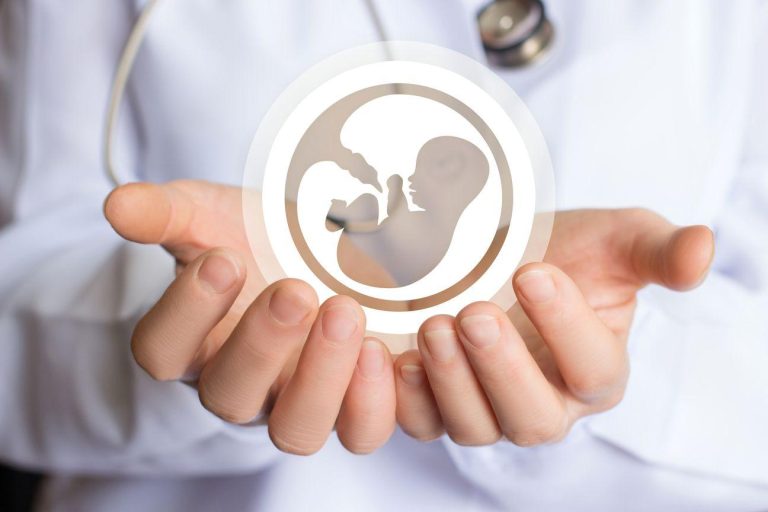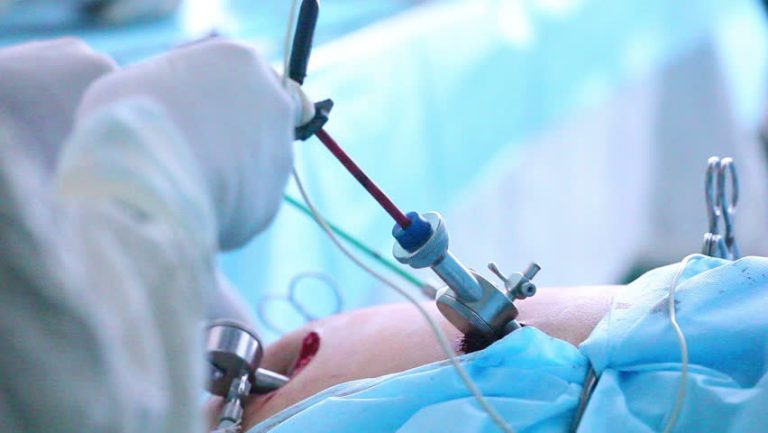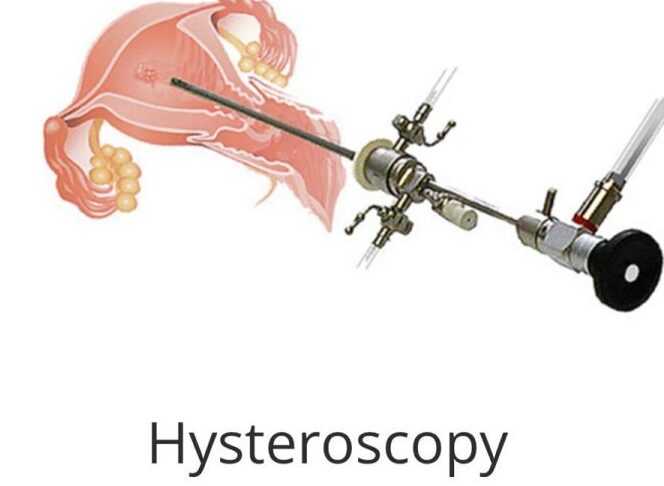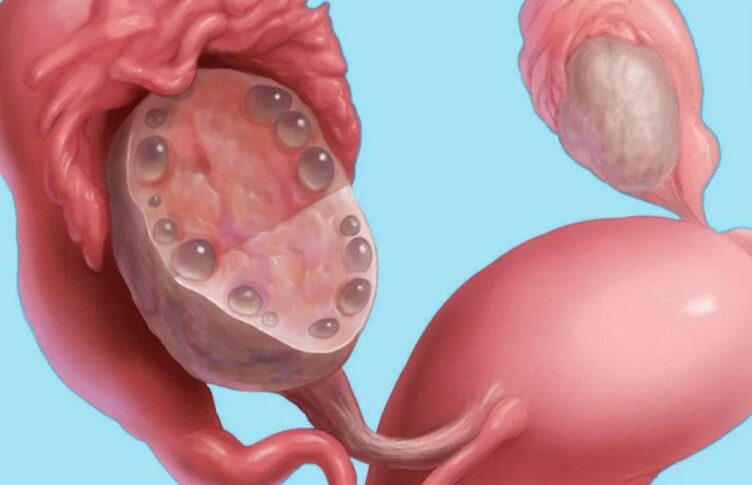Best Uterus Removal Surgery in Kolkata
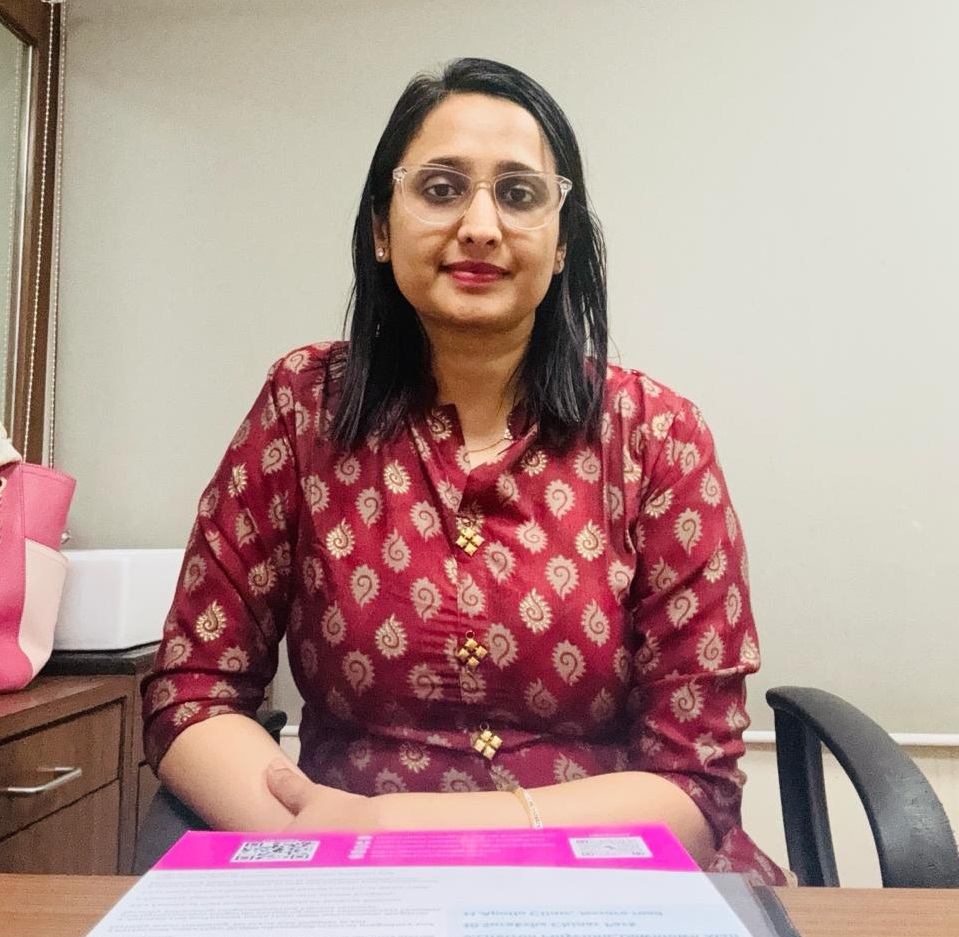
Expert Offering Uterus Removal Surgery in Kolkata
Dr. Kriti Agarwal, a renowned laparoscopic surgeon in Kolkata, India, specializes in uterus removal surgery in Newtown, Kolkata, and other parts of the city. With a high success rate, he provides effective treatment for patients suffering from uterine fibroids, endometriosis, or uterine prolapse, ensuring swift relief and expert care.
What is a Hysterectomy?
A hysterectomy is a surgical procedure to remove the womb (uterus). After the surgery, pregnancy is no longer possible, and if you haven’t reached menopause, your menstrual cycles will stop.
This procedure is commonly performed to treat conditions affecting the female reproductive system, such as heavy menstrual bleeding (menorrhagia), chronic pelvic pain, fibroids (non-cancerous growths), or cancers of the ovaries, uterus, cervix, or fallopian tubes.
As a major operation, a hysterectomy involves a lengthy recovery period and is typically considered only after other, less invasive treatments have been explored.
Reasons for a Hysterectomy
A hysterectomy may be recommended for conditions that significantly impact a woman’s quality of life, overall health, daily activities, or well-being. These conditions include:
- Persistent heavy menstrual bleeding (menorrhagia) that hasn’t responded to other treatments.
- An enlarged uterus causing pressure on surrounding organs.
- Uterine fibroids.
- Uterine prolapse.
- Cancer of the cervix, uterus, or ovaries.
It’s important to discuss the reasons for your hysterectomy with your gynecologist to ensure you fully understand the necessity of the procedure.

How is a Hysterectomy Performed?
There are three primary methods for performing a hysterectomy:
1. Abdominal Hysterectomy
This procedure involves making an incision in the lower abdomen to remove the uterus. The incision may be horizontal (similar to a C-section) or vertical, depending on factors such as the size of the uterus or the presence of ovarian cancer.
2. Vaginal Hysterectomy
In this method, the uterus is removed through the vagina without any abdominal incisions. This approach is typically used when the uterus has prolapsed, making it accessible for safe removal.
3. Laparoscopic Hysterectomy
A minimally invasive procedure, this hysterectomy is performed using a camera and specialized instruments inserted through small incisions (keyholes) in the abdomen. The uterus is usually removed through the vagina or, in some cases, broken into smaller pieces (morcellated) for removal. A total laparoscopic hysterectomy is entirely performed using keyhole incisions, while a laparoscopically-assisted hysterectomy combines laparoscopic and vaginal techniques.
Why Choose Dr Kriti Agarwal?
When looking for uterus removal treatment in Kolkata, you may find multiple sources. She has been a top choice among a wide range of patients for the following reasons:
- High qualifications and experience
- Careful consideration of every individual case
- Thorough screening and diagnosis
- Reliable assistance in surgery
- Patient-centric service that enables a high success rate
Book a session with Dr Kriti to get the right treatment.
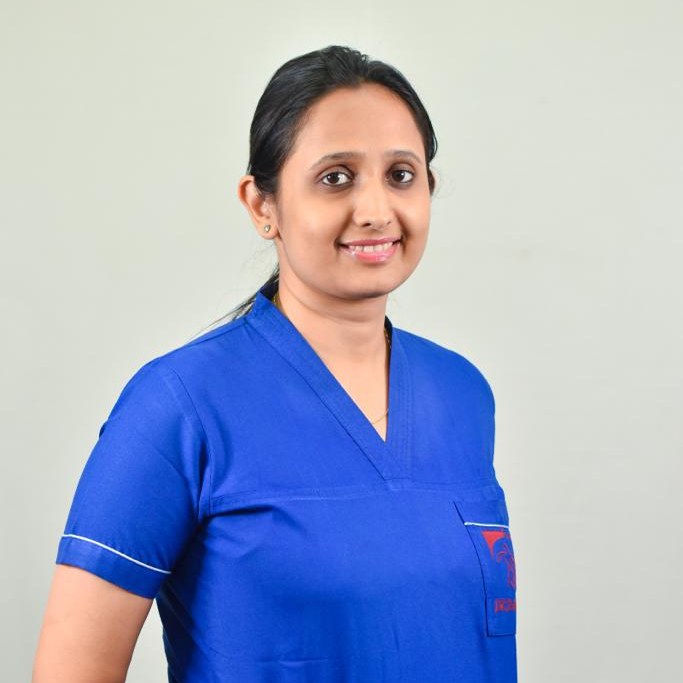
Frequently Asked Questions
Will a hysterectomy cause menopause?
Menopause occurs when the ovaries stop releasing eggs. Unless both ovaries are removed during the hysterectomy, you will not immediately enter menopause as a result of the surgery.
Will I experience emotional changes after a hysterectomy?
As a major surgical procedure, a hysterectomy requires a recovery period, during which it is common to feel fatigued, emotional, or even mildly depressed. However, most women experience an improvement in their overall mood and well-being once they recover, as symptoms such as heavy bleeding, pain, or prolapse are relieved.
Will a hysterectomy affect my sexual enjoyment?
For many women, sexual enjoyment improves if the procedure alleviates issues like painful periods, fibroids, or prolapse-related discomfort. Some women notice no change, while a small number may experience decreased enjoyment, though this is often linked to vaginal repair procedures performed alongside a vaginal hysterectomy rather than the hysterectomy itself.
Do I still need cervical screening tests after a hysterectomy?
If your cervix is removed and was healthy, cervical screening (Pap smears) is typically no longer needed. However, if you have a sub-total hysterectomy (where the cervix remains), regular screenings should continue as recommended by national guidelines. Always consult your surgeon for personalized advice.
What are the Various Types of Uterus Removal Surgery/ Hysterectomy?
Different types of hysterectomy exist, and the procedure chosen depends on the underlying medical condition and how much of the reproductive system can be preserved. The main types include:
1. Total/Radical Hysterectomy (Including Cervix Removal)
This procedure involves the removal of the uterus and cervix. It is commonly recommended for cancers of the cervix, uterus, or ovaries to prevent the spread of disease.
Even in non-cancer cases, removing the cervix eliminates the risk of cervical cancer. Some women worry about the impact on sexual function, but there is no evidence suggesting a loss of sensation or pleasure. If you prefer to retain your cervix, discuss the potential risks with your surgeon. However, if the cervix remains, regular cervical screenings (Pap smears) will still be required.
2. Subtotal Hysterectomy (Leaving the Cervix Intact)
In this procedure, the uterus is removed while the cervix remains. Though less common, some women choose this option to preserve part of their reproductive system. However, retaining the cervix means there is still a risk of cervical cancer, necessitating continued cervical screening tests. If you are considering this option, consult your surgeon about the associated risks.
3. Total Hysterectomy with Bilateral Salpingo-Oophorectomy (Including Ovary Removal)
This procedure involves removing the uterus, cervix, ovaries, and fallopian tubes. The National Institute for Health and Clinical Excellence (NICE) advises that ovaries should only be removed if there is a significant risk of disease, such as ovarian cancer.
Your surgeon may recommend ovary removal (oophorectomy) if you have a family history of ovarian or breast cancer to lower your future risk. If you are close to or past menopause, some doctors may advise removing the ovaries as a preventive measure against ovarian cancer.
However, other surgeons recommend keeping healthy ovaries when there is no significant cancer risk, as they produce hormones that help protect against osteoporosis and contribute to sexual desire and overall well-being.
If you prefer to keep your ovaries, ensure you discuss this with your surgeon before surgery. You may still be asked to consent to their removal if abnormalities are found during the procedure, so it is essential to consider your options and communicate your concerns.
Benefits of Vaginal Hysterectomy
Vaginal hysterectomy typically has fewer complications compared to abdominal or laparoscopic procedures. It often allows for a quicker recovery, with a shorter healing period and faster return to daily activities. Whenever feasible, it is considered the preferred approach for hysterectomy.
Uterus Removal Surgery Cost in Kolkata
The cost of uterus removal surgery in Kolkata varies based on the type of procedure. Laparoscopic hysterectomy typically ranges between ₹1,00,000 to ₹1,50,000, while abdominal and vaginal hysterectomies cost around ₹60,000 to ₹80,000. In cases of cancer-related surgeries, the cost can be between ₹1,50,000 to ₹2,00,000.
Returning to Normal Activities
You can begin resuming light activities at home within a few days as you feel ready, gradually increasing your level of activity over the following weeks. Gentle movement, particularly for the back muscles, helps speed up recovery. Around three weeks after surgery, you may start engaging in more strenuous activities. While tasks like vacuuming, lifting heavy objects, or playing sports may feel slightly uncomfortable or painful, they are generally safe and will not cause harm.
Back muscle health is crucial—both too much and too little activity can lead to back pain. Swimming is especially beneficial as it is gentle on the body and rarely causes discomfort. Any form of exercise is better than none, but it is normal to feel tired, so frequent rest is recommended. Women who undergo open hysterectomy may need a longer recovery period before fully resuming normal activities.
Bladder and Pelvic Floor Recovery
The procedure may temporarily affect your ability to urinate. During surgery, the vaginal and bladder-supporting muscles may be stretched or cut, and the bladder itself may become irritated or bruised. This can lead to frequent urination or a sensation of incomplete emptying, but these symptoms usually improve with time.
Pelvic floor exercises, as advised by your physiotherapist, are essential for restoring bladder control and tone. Regular practice will aid in recovery. If you experience a burning sensation while urinating, notice cloudy urine, or detect an unpleasant odor, consult your doctor, as you may have a urinary infection requiring antibiotics.
Work, Driving, and Sexual Activity
- Returning to Work: Most women can return to work within six to eight weeks, but recovery time varies. A medical certificate for time off can be provided on the day of surgery, while long-term sick notes must be obtained from your GP.
- Driving: You should not drive for at least 24 hours after receiving general anesthesia. Ensure your car insurance policy covers you before driving again. Avoid driving if you experience discomfort or reduced concentration, and only resume when you feel confident performing an emergency stop.
- Sexual Activity: Sexual intercourse is generally safe after four to six weeks. Engaging in sex can help restore tissue flexibility, but it should be gentle at first. If discomfort persists, consider waiting a little longer, and using a vaginal lubricant may help ease any initial dryness or sensitivity.
GET TO KNOW OUR GYNECOLOGIST FOR EMPOWERING WOMEN'S HEALTH
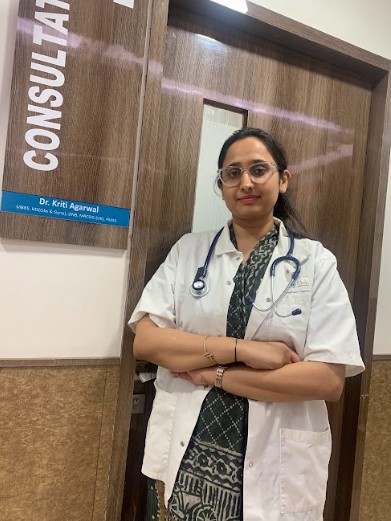
_______Providing Expert Care For All Feminine Health Issues!
TRUST OUR GYNECOLOGIST FOR PERSONALIZED WOMEN'S HEALTH CARE
Welcome to the world of exceptional women’s health care, led by Dr. Kriti Agarwal, the most trusted and compassionate gynecologist in the field. Dr. Agarwal is committed to offering individualized and comprehensive care to every woman because of her extreme knowledge, commitment, and passion for women’s health. She is trained in a variety of gynecological treatments, such as high-risk pregnancy, prenatal care, menopausal treatment, and gynecological tests. Dr. Agarwal understands that every woman’s journey is unique, and she strives to make sure her patients feel heard, respected, and empowered throughout their healthcare journey.
Numerous women looking for outstanding treatment have placed their trust in her because of her compassionate approach and meticulous attention to detail. Dr. Kriti Agarwal is available to you whether you are dealing with an urgent medical problem or want routine preventive treatment. Her goal is to help you feel your best, inside and out. Make an appointment right away to feel the impact that Dr. Kriti Agarwal’s compassionate and thorough care can make.
-
Compassionate And Personalized Care
-
Years of Expertise
-
Highest Quality Care
-
Educate Patients
Every woman deserves the best care for her reproductive health, and that’s where Dr. Kriti Agarwal steps in. As one of Kolkata’s best gynecologists, She is committed to providing personalized and compassionate care to women at every stage of their reproductive lives. She is the go-to expert for women seeking the highest quality care for women’s health due to her impressive qualification and experience in obstetrics, gynecology, infertility therapy, and laparoscopic surgery. You may feel confident that you’re making the right decisions for your health by consulting Dr. Kriti Agarwal. Dr. Agarwal is here to provide you with the greatest care, whether you’re dealing with infertility issues or just need a regular check-up.
LIST OF
ACADEMIC
Of DR. KRITI AGARWAL
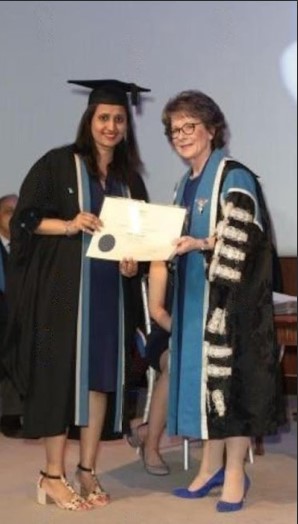
Dr. Kriti Agarwal is a renowned Consultant Gynaecologist, Obstetrician, Infertility Specialist, and Laparoscopic Surgeon based in Kolkata with 11 years of experience. She began her academic journey by graduating from Kasturba Medical College, Manipal, one of the top 10 medical colleges in India. She went on to pursue her Master of Surgery from Medical College, Kolkata and also completed fellowships in Gynaecological Endoscopy from the Indian College of Obstetrics and Gynaecology, Ultrasound from West Bengal University of Health Sciences, and Artificial Reproduction Technology from South India. Dr. Agarwal is a member of the esteemed Royal College of Obstetricians and Gynaecologists in the UK.
Dr. Kirti Agarwal has significant training in laparoscopic skills and specializes in minimal-access surgery. She highly values the role that her empathy and listening skills have played in helping her deliver quality fertility treatments and develop strong patient-doctor relationships.
SCHEDULE A CONSULTATION WITH BEST GYNECOLOGIST!
Looking for the best gynecologist for personalized care and advice? Schedule a consultation today and take control of your reproductive health. Trust us for compassionate and expert care.
FAQ
Yes, some reputed gynecologists may offer home consultations. However, it’s best to check with the specific doctor or practice to see what options are available.
Gynecologist and obstetrician consultation fees in Kolkata can vary based on the doctor’s credentials, practice area, and the services provided.
Yes, gynecologists and obstetricians are skilled in performing surgeries on the female reproductive system, such as hysterectomies and cesarean sections.
You can find a good gynecologist and obstetrician in Kolkata by asking for recommendations from family and friends, researching online reviews, and checking the doctor’s qualifications and experience.
Yes, gynecologists can perform fertility tests to help diagnose and treat infertility.
It is advised that women should go to a gynecologist for a routine checkup once a year.
Yes, gynecologists can provide treatment for PCOS/PCOD, which is a common hormonal disorder.
A doctor who focuses on the female reproductive system and pregnancy is known as a gynecologist or obstetrician.
The female reproductive system is susceptible to many illnesses, including ovarian cysts, endometriosis, and cervical cancer, which gynecologists and obstetricians are trained to treat.
Yes, gynecologists may perform a breast exam as part of a routine checkup to look for lumps or other abnormalities.
Yes, you must see a gynecologist if you are experiencing period problems including irregular periods, severe bleeding, or excruciating cramps.
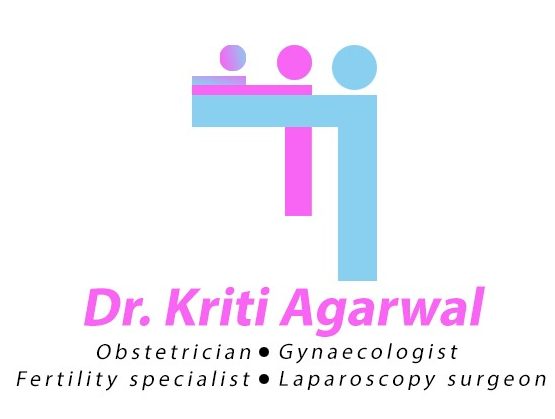
SCHEDULE A CONSULTATION WITH THE BEST GYNECOLOGIST!
Contact Info.
-
drkritiagarwal.com@gmail.com
-
+91 9330099305

